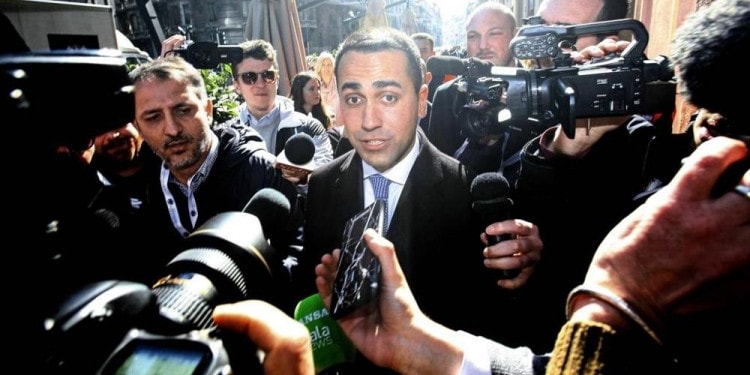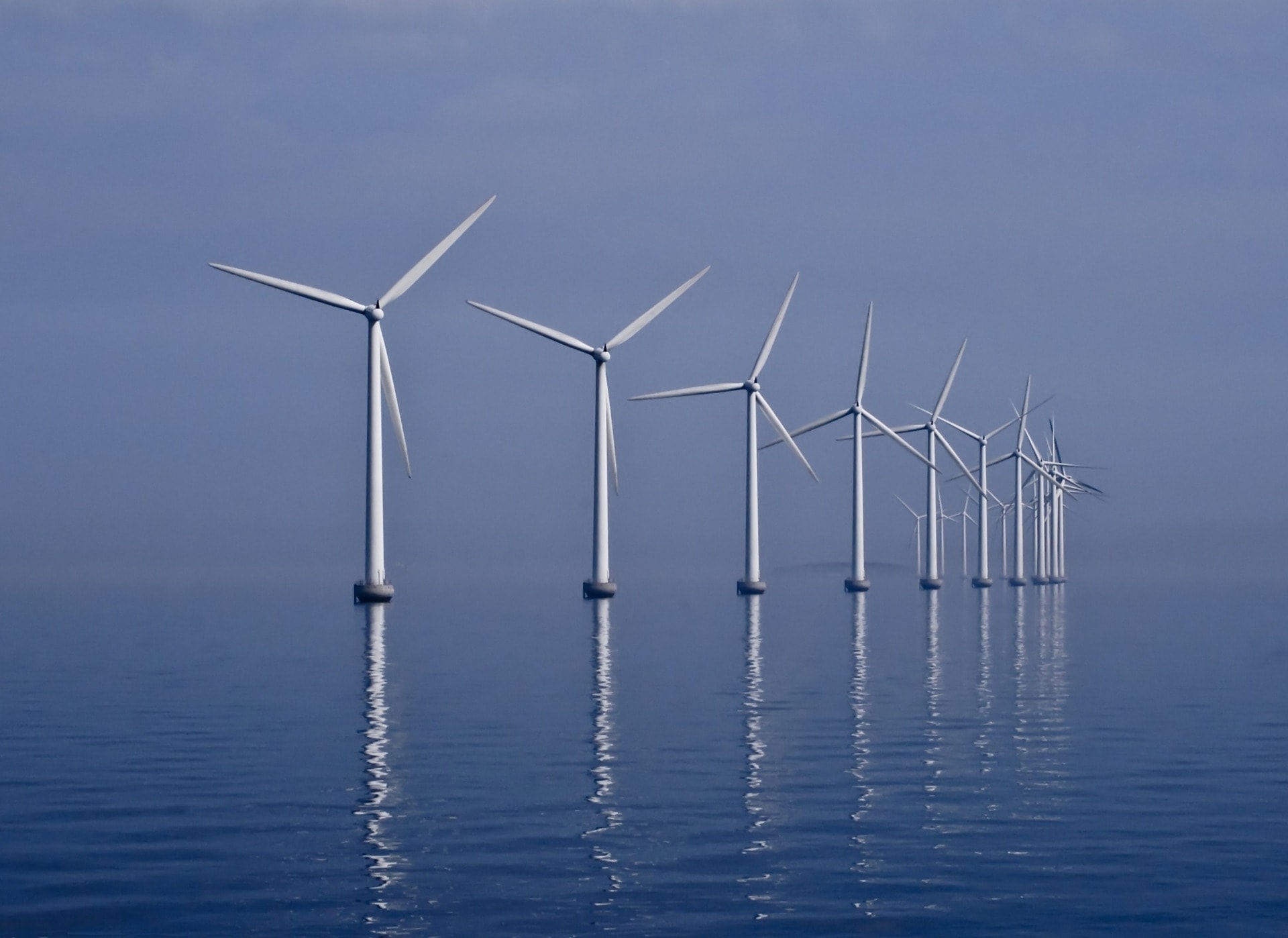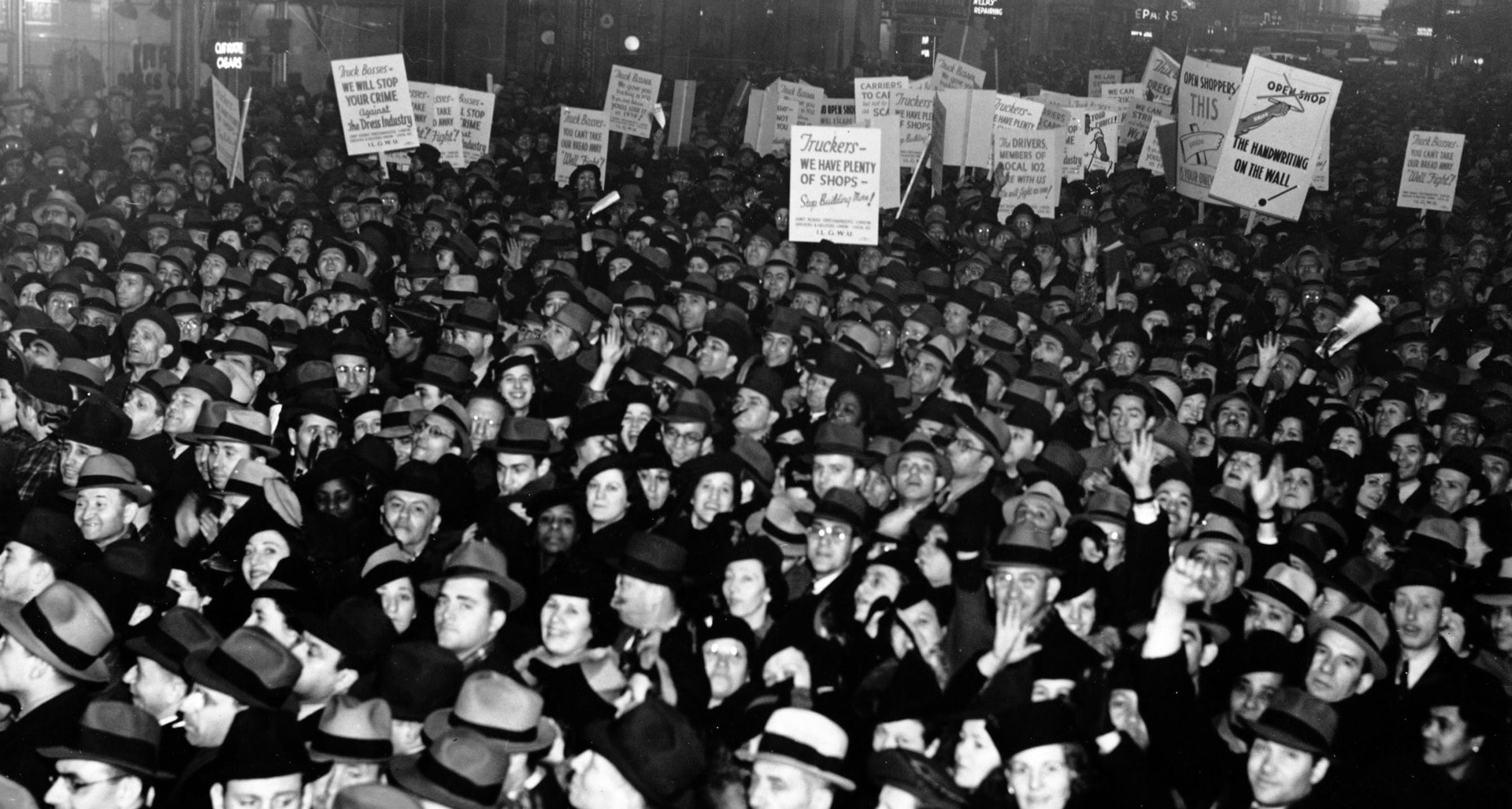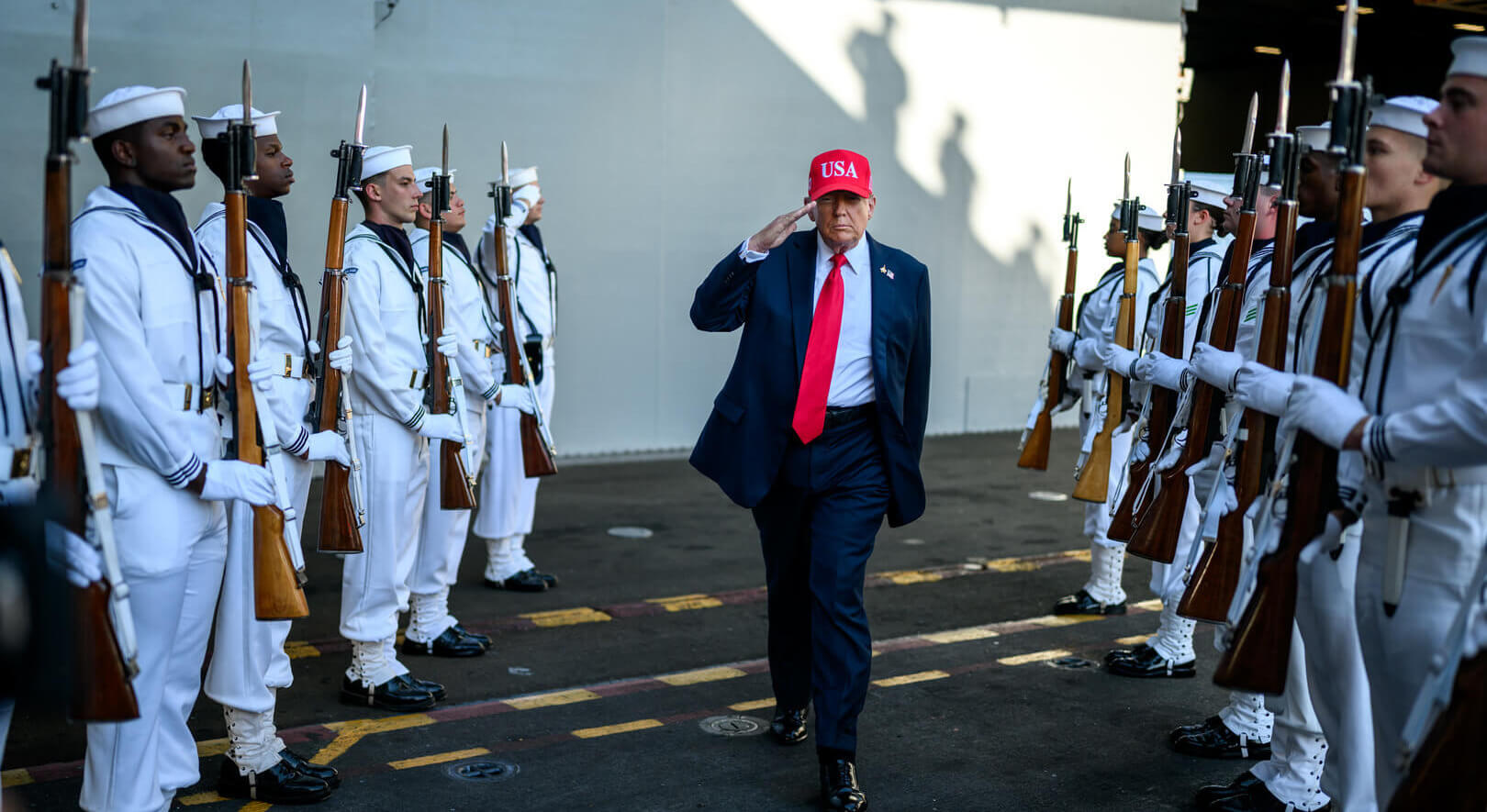Italian politics is notoriously complex and unfathomable. One reason is that Italy often ventures in uncharted waters, foreshadowing the future. Today, Italy is the first big democracy in the West where social media gave birth to a leading party, the Five Star Movement (Movimento Cinque Stelle, M5S). Twenty-five years ago, Italy was where a media mogul famously won power: Berlusconi, an early version of Trump, served four times as Prime Minister between 1994 and 2011.
M5S won 11 million Italians, a third of the votes in the elections, two months ago. Since then, gridlock. One of the worst in Italy’s convoluted political history.
Will M5S be better for Italy than Berlusconi?
Italians are weary, they all remember Berlusconi’s broken promises of reform, the endless series of sexual scandals (the Bunga-Bunga girls), the deeply embedded corruption that led to his being barred from running again (that prohibition was just lifted, he is now free to run again).
In short, since Berlusconi, the businessman turned populist-politician, appeared on the political scene, two decades of growth were lost.
With M5S, things may turn out differently but it doesn’t look promising. So far, M5S has given the Italians the usual spectacle of politicians hungry for power, with Luigi Di Maio, the young M5S leader initially demanding the job of premier – despite his youth (he’s 31) and total lack of academic credentials (he’s a college dropout), work or government experience.
How come M5S can’t express better candidates?
The Populist Roots of M5S
The party was anti-establishment and populist from the moment it was founded in 2009 by Beppe Grillo. Who is Grillo? Very different from Berlusconi, he was in his fifties when he emerged on Internet, a (failed) comedian and political satirist, exiled from public television, but a (successful) blogger whose main appeal was with the discontented. And back then, there was plenty of unhappy people.
The 2008 Great Recession had spread to Italy, causing unheard-of levels of unemployment, one the highest in Europe, especially among the young (over 40 percent). Waves of immigrants hit the coasts, turning into a tsunami with the Syrian war. And Italy, shackled by the rigid Euro rules, could not solve its problems with a quick devaluation, as it had regularly done with the Lira in the previous century.
Result? A strong dislike for Europe and hatred for the Euro, seen as the source of all the problems. Beppe Grillo was supremely adept at exploiting this discontent. To get a feel of how he operated, this CNN video, dating to 2013, shines a vivid light:
Beppe Grillo’s populist appeal is unmistakable – and the fast circulation of news enabled by social media made it irresistible. As one of Grillo’s fan says in the video: “Now with Internet, the information is freer, we know the dirty work of all our politicians. We should kick them all out and stop them from robbing the Italian people.”
That was back then. Today, French journalists of France 24 walking around Rome captured the uncertain and unhappy mood of the country:
As M5S surged ahead of all other parties in the March elections, Di Maio exulted. He was the winning face of the party – and not Beppe Grillo, barred from running for parliament because of a 1985 manslaughter charge.
Consider the numbers: 33 percent for M5S against the governing party, the Partito Democratico (PD) stuck at 19 percent. A stunning reversal if you look at PD’s results only four years earlier, at the 2014 European elections, when PD’s Matteo Renzi, then Prime Minister, took in 40 percent of the votes.
Another piece of luck also came M5S’s way: It suddenly found itself facing not an all-powerful center-right coalition but a split one, with Berlusconi considerably weakened.
Old Berlusconi (82 now), the historic leader of the center-right coalition, had expected to easily take a majority of the votes over the extreme right Northern League, his long time ally, with whom he had governed in the past. Thus, he was certain he would condition the next government even if he was barred himself from holding any position in it.
Berlusconi hadn’t counted on firebrand Matteo Salvini, the new head of the Northern League who had smartly toned down (hidden from view?) the anti-European message of his party, he did that to appeal to Berlusconi’s base of businessmen in North Italy. Salvini also renamed the party The League, dropping “Northern” in an attempt to appeal to Southern Italians (that did not work as well).
The election result was a big surprise
Looking beyond M5S’s big win and the governing PD’s collapse: The League handily won with a whopping 17 percent over the meagre 14 percent of Berlusconi’s Forza Italia (FI). That meant Salvini, and not Berlusconi, would make the calls and go for the job of Prime Minister.
What happened next, when the time came to form a new government, was even more surprising. M5S that was supposed to have a leftist soul – and indeed, it had syphoned votes out of the PD, attracting socialists of all stripes – opened up to negotiations with The League.
What did Di Maio see in Salvini? A big brother?
We will never know, but the two, after long discussions, somehow found enough common ground to hammer together a “contract” for their new “government of change”. The common ground was a proposal to lower taxes (with a new “flat tax”) and invest in the economy to create jobs in total disregard of European rules. And without regard to containing the government deficit. Yet, deficit spending is not an option given Euro regulations. Given Italy’s debt load, 132 percent of GDP, the second highest in Europe after Greece, it is simply not affordable.
The proposal sent chills through Europe, especially in Brussels (in the European Commission) and in pro-European Berlin and in Paris. The “spread” or differential between yields on German and Italian treasury bonds grew by leaps and bounds to 230 points by 25 May, considered very high (although the high point was reached in 2011 – over 500 points – forcing Berlusconi to resign).
On Sunday 27 May, Salvini and Di Maio tried to have their proposal approved by Sergio Mattarella, the President of Italy. Mattarella’s job is both delicate and essential: He acts as the guarantor of the Constitution in times of crisis and he is tasked with approving any new government proposed before it is sent to parliament for final approval. Salvini’s and Di Maio’s chosen Prime Minister, a non-politician and professor of economics Giuseppe Conte was sent up to the Quirinale bearing the list of ministers.
But there were problems:
- first, Conte himself: he is a little-known economist with a swollen CV, but the only one they could agree on as neither would allow the other to be the Prime Minister – they both decided to be vice-presidents, with Salvini reserving for himself the powerful Interior Ministry;
- Second, Paolo Savona, the economist chosen to be in charge of economic affairs (a key ministry for any EU member) had, in spite of a respectable institutional career, a sulphurous reputation as a known Euro-skeptic.
Savona had issued a communiqué the day before (26 May) assuring that he did not want to take Italy out of Europe – but it was too little and too late. Mattarella had made up his mind.
Though his objections were well-known (Mattarella is a convinced European), Salvini stuck to his position, refusing to replace Savona and the attempt to form a new government aborted. Which may well be what Salvini had wanted all along. He has never hid his desire to go back to the polls, especially after his recent win in local elections in Northern Italy.
On Monday 28 May, Mattarella called on Carlo Cottarelli to form a government. This was widely seen as a stopgap measure. Cottarelli, a respectable economist and former IMF director is not a politician. A convinced European, he is nicknamed “Mr. Scissors” for his financial rigour.
The plan was for him to form a “technical government” to see the 2019 budget through and prepare for new elections early next year or after the summer. But at the time of writing, that plan is up in the air and Italy might go back to elections as soon as July 29.
Ambienti vicini a #Cottarelli: “sono emerse possibilità di governo politico. Di fronte alle tensioni sui mercati, d’intesa con il Presidente della Repubblica, si attendono eventuali sviluppi” pic.twitter.com/LXNqJyqEdL
— Rainews (@RaiNews) May 30, 2018
Mattarella’s decision: A “Colossal Blunder”?
Both M5S and The League accused Brussels and Germany of “meddling” and called for immediate elections, using a typically populist argument: Only a vote could “give power back to the Italian people”.
Di Maio went one step further and called for “impeachment”, shocking a lot of Italians. The so-called “impeachment” procedure is very rare in Italy and no president has ever been removed except; the only two that came close to it were Leone and Cossiga.
In the video: Di Maio calling for removing the President
Salvini’s reaction was more political. He carefully avoided calling for impeachment (knowing how unpopular the idea is), and called on everyone to veto Cottarelli – including Berlusconi, threatening to break up the coalition if he supported Cottarelli.
Meanwhile, a bizarre rumor started within M5S that they might go to the polls hand in hand with The League.
Outside Italy, a lot of people were unhappy with Mattarella’s decision. Varoufakis, the former Minister of Finance of Greece and a remarkable economist, told Bloomberg it was a “colossal blunder”, that Italy, as it is run now, is simply “unsustainable”:
His comment is spot on. Perhaps it would have been wiser to let the new government make the mistakes it was bound to make, including expelling immigrants at unsustainable rates and crashing the government budget with deficit spending, in the naive belief that this won’t turn away investors and businesses.
However Mattarella did not object to the proposed government’s programme per se. What he objected to, as he explained in the press conference following his decision, was Savona’s plan to take Italy out of Europe. Mattarella was explicit: He said he was “defending the savings of Italians” and the place of Italy in Europe. His office took the unusual step of releasing his communiqué to the press in English as well as in Italian.
This certainly could look like Mattarella paved the way for an election that will be “a referendum on the future of the Euro”. But that is the wrong way to read it.
What Mattarella did was to flush out the hidden premise in the populist policies pushed by The League and M5S at the last elections. When the next round of elections comes, they will have to make their position on the Euro and Europe explicit. No hiding this time.
Small wonder the markets are roiled, the Euro is weakened and the famous “spread” the Italians have learned to dread is on the increase, hitting a high of 292 on May 29. Italy is the Euro-area’s third largest economy and it is indeed able to rock the markets world-wide.
Why a Party Born on Social Media is Dangerous
If M5S really veers right and comes too close to The League in the next election campaign, it could spell the end of the party, for two reasons:
- Most people who voted M5S have their political roots in socialism;
- The many votes M5S recently picked up in Southern Italy would evaporate.
Southerners cannot easily forget where Salvini comes from; it was not so long ago that Salvini derided southern Italians as second-rate citizens who “smell bad”.
What is remarkable and makes it so hard to analyze the M5S is that it is such a non-cohesive, conglomerate of people and ideas. It is liable to take any political position regardless of how improbable. It is a party less based on experienced people than on high levels of protest circulating on the Web.
In fact, there are few experienced people in the party, and those that have entered government and taken on the responsibility of public affairs have made a mess of it.
The disaster that is Rome today in the hands of its young M5S Mayor, Virginia Raggi, is a constant reminder that M5S, in spite of all the promises, doesn’t deliver. Rome is defaced and degraded. And it has recently achieved the dubious honor of ranking last in Europe, as the dirtiest city and the most polluted.
Fake news is the party’s daily bread, particularly visible on Beppe Grillo’s blog, as pointed out in an Impakter essay. The most egregious example was the M5S campaign against vaccination. Unaccountably, the party took the totally unscientific position that vaccination is dangerous and can cause autism in children – forcing the government to step up its own campaign to protect Italian children.
The point is this: M5S is characterized by a systemic embrace of contrarian ideas, no matter how unfounded, which is typical of the storm of fake news swirling on the Internet. And this should not surprise us, coming from a party born on the net.
Remember Marshall McLuhan’s maxim, “the medium is the message”?
We are in 2018, and we have now learned what the medium is doing to the message. Not pretty. We are far from the heady days of 2010 when the Arab Spring was in full bloom and democracy looked young and promising. Social media has lost its sheen after the tragic turn taken by the Arab Spring, with its promise of democracy broken everywhere except (perhaps) Tunisia.
In the West, the recent Cambridge Analytica scandal and revelations of political manipulation of voters (87 million Americans plus 2.3 million Europeans) whose private data was “scraped” on Facebook has finally put a lid on any hopes that social media, and Facebook in particular, could strengthen the democratic process.
What does the medium “do to the message”? It shapes it in several ways. Because of how social media is structured:
- Everyone has an equal voice, and the one with the loudest voice drowns all the others (that includes “bullies” and “influencers”); a “loud voice” is one with an arresting message, something that grabs the attention, that pleases, that satisfies our own convictions;
- People flock together in “bubbles” where the same ideas ricochet without ever getting out, where prejudices find confirmation;
- There are no gatekeepers, no fact-checkers: Information circulates in function of its emotional content not because it is objective and verifiable;
- Messages and ideas are simplified: Platforms dominated by images (Instagram), video (YouTube) or strictures on message length (Twitter) are not congenial to the expression of complex ideas;
- There is little or no dialogue between people, unlike Academica where ideas are rubbed together and new ones are formed; messages (e.g. the “status update” on Facebook) go only one way, they go out, at best resulting in “likes” in the audience or various emojis pre-set by the social media platform.
The online environment is congenial to people who like to manipulate others through fake news, it repels honest experts and thinkers. Information is the weapon of choice of populists who promise dreams and deliver nightmares. And that is what has happened in Italy: M5S has changed the political game.
Because of its online DNA and the superficial nature of its policies, M5S does not attract Italy’s best minds. The range of politicians it proposes is meagre both in terms of experience and ideas. And this does not bode well for the future round of elections.
What Next: Itexit?
Is it possible to think the unthinkable, that the next elections will lead to an It-exit, an exit of Italy out of Europe? An Itexit would send shock waves around the world. This would not be a Grexit, Italy is ten times Greece; or Brexit, Italy is a founding member and a historic pillar of the EU, not a latecomer like the UK that never joined the Euro.
Itexit, in short, would spell the end of the EU, the end of Europe, the end of international trade and finance, of national public health systems and safety nets. Cataclysmic. On a global scale.
I don’t believe that’s what the majority of Italians want, they see Italy’s future in Europe. The League will need to moderate its tone if it wants to pick up votes, especially among businessmen. But with M5S in the melée, you never know. With the party’s Internet roots and close online links with their base (in particular through the “Rousseau platform” where M5S members vote on proposed party lines), this is a party capable like no other party to support crazy ideas and mobilize its base to go out and vote.
At the time of writing, the panic is easing, the Italian “spread” is “rebounding”. But we cannot be sure the worst has passed. Only the next round of elections will clarify where Italy really stands. And whether M5S intends to take Italy out of Europe.
The next round could come sooner than expected, as (at the time of writing) Cottarelli may abandon the idea of forming a government. Salvini is ramping up his show, “Mattarella, give us the date of the next elections and we’ll get a flood of votes and govern on our own!”:
#Salvini dal mercato di Pisa: “#Mattarella ci dia data delle elezioni e prenderemo una marea di voti” → https://t.co/V6MIxfmI3I @matteosalvinimi pic.twitter.com/gqWpbdIxLg
— Rainews (@RaiNews) May 30, 2018
Much however will depend on M5S that is not likely to let The League do it on its own and is still thinking of forming a “government of change” with The League.
There is a hope, however, that people will learn to live online and start to distinguish between populist fake news and facts. That they will eventually learn to ignore fake news, just as they have learned to ignore ads. As Austan Goolsbee wrote on the New York Times, “lessons from the history of advertising suggest that the fake news phenomenon is likely to change significantly in the coming years.”
How? Consider this. The first time you come across a “high content” ad smartly micro-targeted at you and responding to your actual needs (something the ad industry can do very well with all the information scraped on social media about you), you are wowed. You probably fall for it. But the second and third time, not so much. This is what the advertising industry recently found (much to its dismay): ads, no matter how “smart”, stop working after a while.
Let’s hope that national populism will also stop “working” when people realize that it doesn’t solve their problems.
Editors Note: The opinions expressed here by Impakter.com columnists are their own, not those of Impakter.com
Featured Image Credit: Luigi Di Maio (March 2018)
This Photo by Unknown Author is licensed under CC BY-NC-ND














